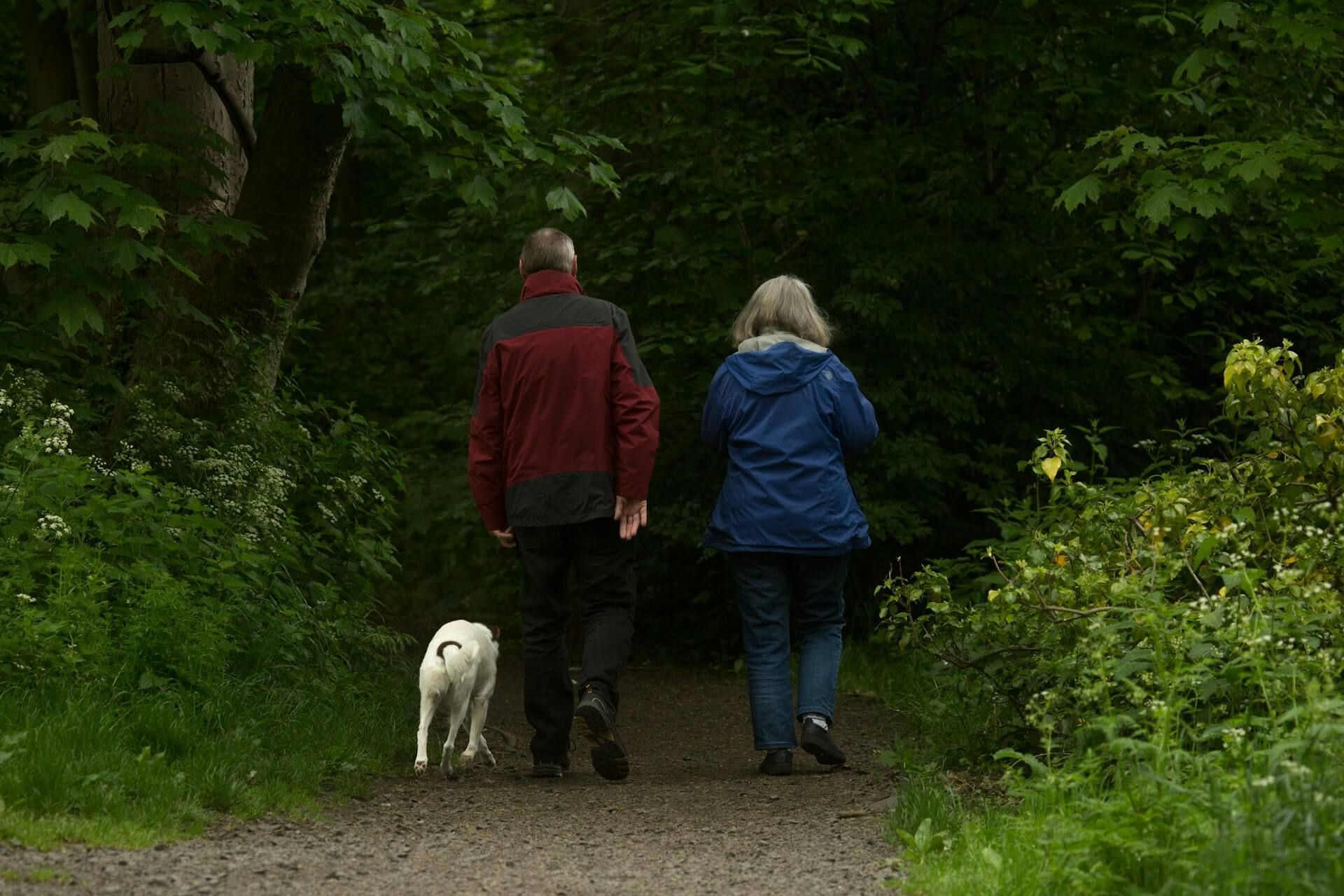We Like To Move It Moving Company
Why Moving Can Be One of Life’s Biggest Stressors
Moving is often ranked as one of the most stressful life events, alongside divorce, job loss, and the death of a loved one. But why does something as seemingly routine as changing locations cause so much anxiety? The answer lies in the psychological and emotional impact of moving, which disrupts our sense of stability, identity, and control. Understanding these psychological factors can help us manage the stress and navigate the transition more smoothly.
1. The Disruption of Stability and Routine
Humans are creatures of habit. We thrive on stability, routines, and familiar surroundings. Moving uproots all of these, forcing us into an unfamiliar environment where we must rebuild our daily lives from scratch. This sudden change can create a sense of uncertainty and discomfort, triggering stress and anxiety.
2. Emotional Attachment to Home
Our homes are more than just physical spaces; they hold memories, emotions, and a sense of identity. Leaving a home where we’ve celebrated milestones, built relationships, and created comfort can feel like a loss. This emotional connection can make moving feel overwhelming, particularly for those who have lived in one place for a long time.
3. Decision Fatigue and Cognitive Overload
Moving requires making countless decisions—choosing a new home, deciding what to keep or discard, coordinating logistics, and setting up a new space. This flood of choices can lead to decision fatigue, making people feel mentally exhausted and emotionally drained.
4. The Stress of Uncertainty
A new city, a new neighborhood, or even just a different home layout can bring uncertainty. Will you like your new environment? Will you make friends? Will your job or school transition smoothly? These unknowns can create anxiety, particularly for those who struggle with change or have a history of anxiety-related disorders.
5. Financial and Logistical Burdens
Moving is not just emotionally draining—it’s often financially stressful as well. The costs of hiring movers, transportation, deposits, and utility setups add up quickly. On top of that, coordinating a move while managing work, family, and personal obligations can make the entire process feel overwhelming.
6. Social Disruptions and Loneliness
For many, moving means leaving behind friends, family, and established social networks. The fear of loneliness and the effort required to build new relationships can be daunting. This is especially challenging for introverts or those moving to a completely unfamiliar city or country.
7. Identity and Sense of Place
Our surroundings contribute to our sense of self. Moving can sometimes feel like shedding an old identity and stepping into the unknown. This can be both exciting and unsettling, particularly for individuals who derive a strong sense of belonging from their community or cultural background.
8. How to Cope with Moving Stress
While moving is stressful, there are ways to manage the psychological burden:
Plan Ahead: Creating a timeline and checklist can help reduce last-minute chaos.
Declutter in Stages: Breaking the packing process into small, manageable tasks can prevent overwhelm.
Seek Support: Rely on friends, family, or even professional movers to help lighten the load.
Focus on the Positives: A new home brings new opportunities—try to focus on what excites you about the move.
Maintain Routines: Keeping familiar habits (exercise, meals, bedtime) can provide a sense of normalcy.
Final Thoughts
Moving is a major life transition that affects us emotionally, mentally, and physically. Understanding why it’s so stressful can help us approach it with greater awareness and preparedness. By acknowledging the challenges and implementing strategies to cope, we can make the experience less daunting and more positive.
Click To Paste












